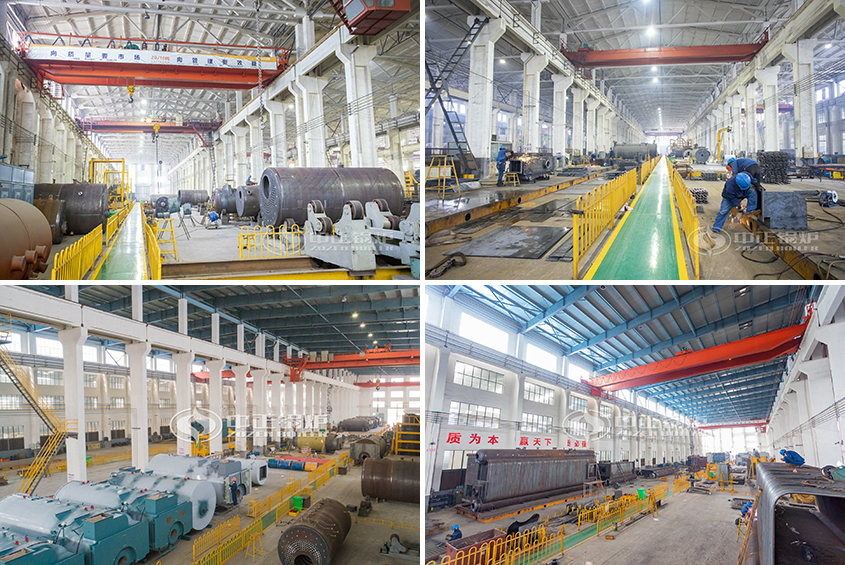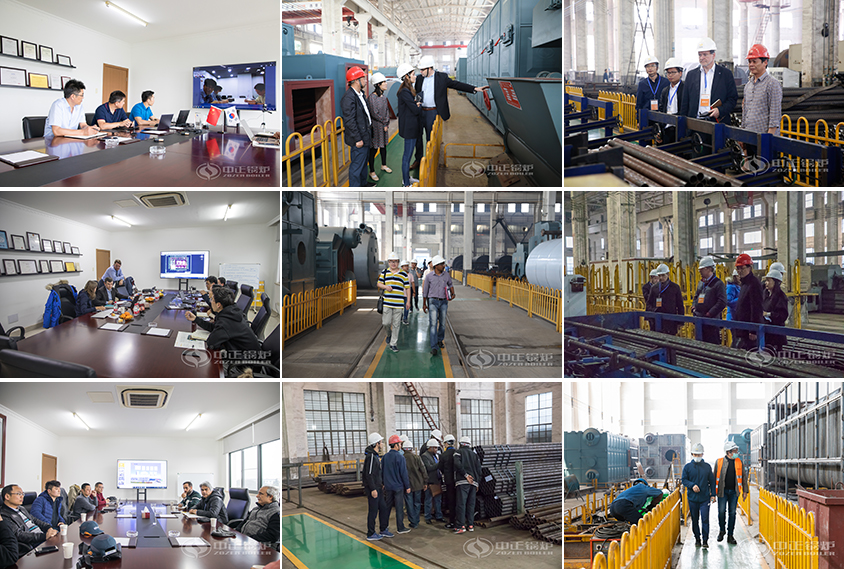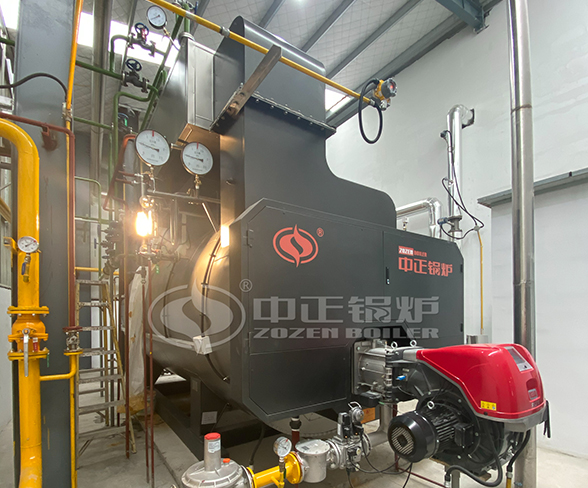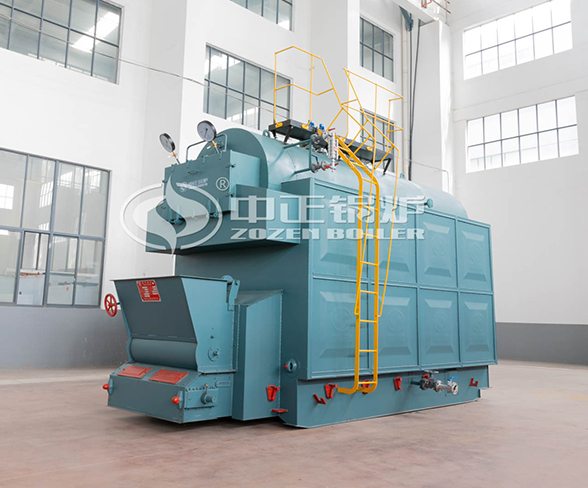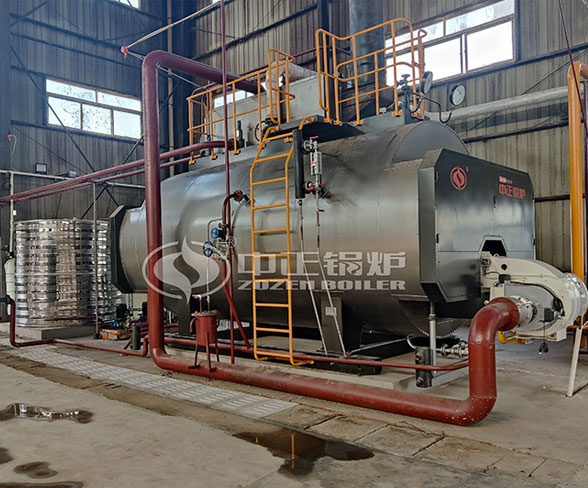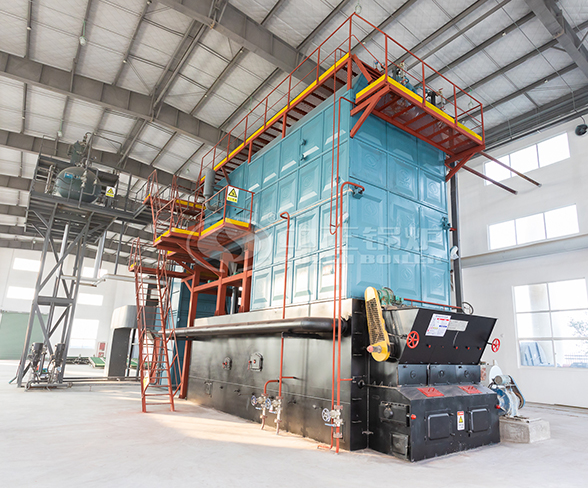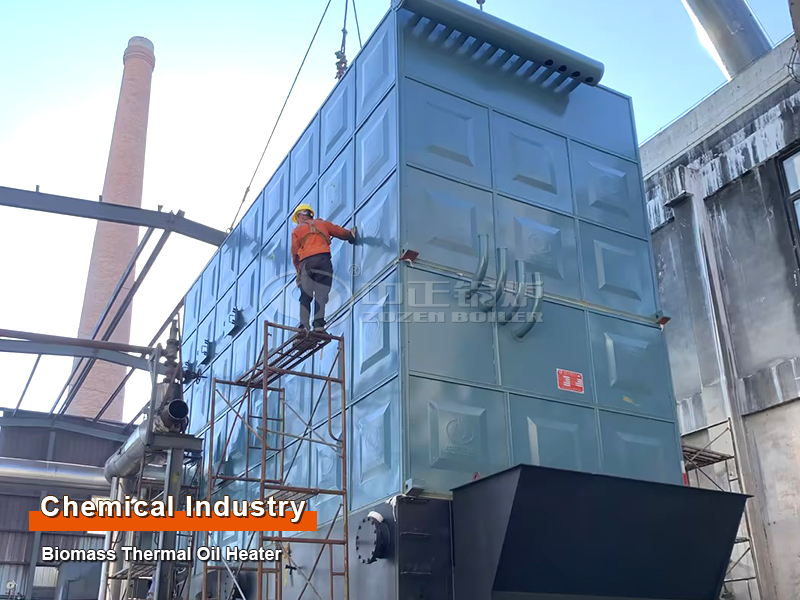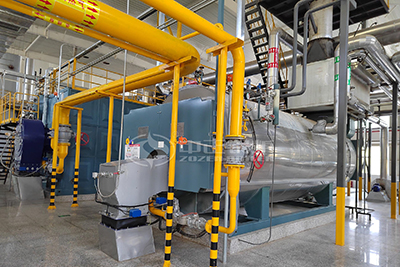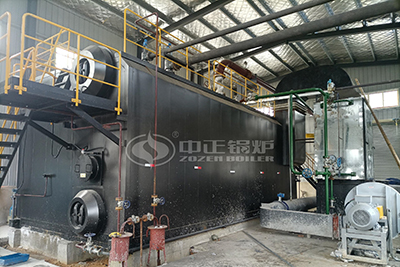When it comes to heating systems, choosing the right type of boiler is crucial for efficient and reliable performance. In this comprehensive guide, we will explore the various types of boilers based on fuel sources, including oil/gas, coal, and biomass boilers. Additionally, we will provide a comprehensive usage guide to help you make an informed decision.Let’s dive in!
Oil/Gas Boilers:
Oil/gas boilers are widely used in residential, commercial, and industrial settings. They utilize either oil or gas as fuel sources to generate heat.
Fuel: Oil/gas boilers can operate on various types of fuel, such as natural gas, propane, diesel, or heating oil.
Efficiency: This type of boiler offers high energy efficiency and can achieve high thermal efficiency ratings, reducing fuel consumption and operating costs.
Applications: Oil/gas boilers are suitable for a wide range of applications, including central heating systems, water heating, and industrial processes.
Advantages:The type of boiler provides instant and precise temperature control, fast heating, and are compatible with existing gas or oil infrastructure.
Usage Guide for Oil/Gas Boilers:
Determine your heating requirements: Calculate the heating load and consider factors such as the size of the space, insulation levels, and desired temperature.
Assess fuel availability: Check the availability and cost of the chosen fuel source in your area.
Consider efficiency: Look for this type of boiler with high thermal efficiency ratings to optimize energy usage and reduce environmental impact.
Consult professionals: Seek advice from heating specialists or boiler manufacturers to ensure proper sizing and installation for optimal performance.
ZOZEN oil/gas fired boilers can be divided into SZS water tube boilers and WNS fire tube boilers depending on the medium inside the tubes. With multiple pressure designs, the water tube boilers can meet the steam supply requirements of 2.5MPa or above. The fire tube boilers, on the contrary, are intended for use at pressures below 2.5 MPa. Fire tube boilers usually have a capacity of below 20t/h, while water tube ones of 20t/h or more as capacity expansion is possible.
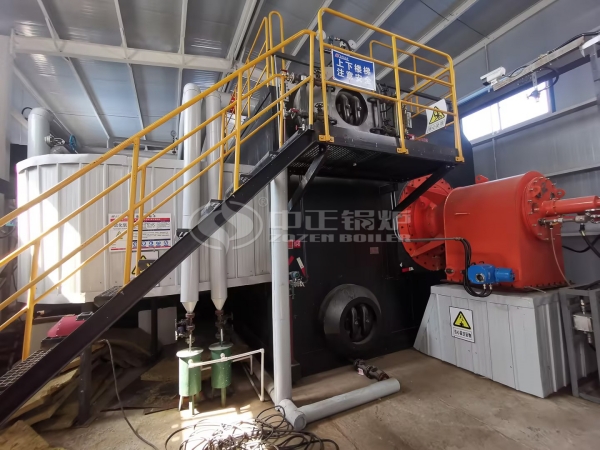
18-ton SZS series gas-fired horizontal boiler
Coal Boilers:
Coal boilers have been widely used historically, particularly in industrial applications. Fuel: Coal boilers burn coal as their primary fuel source, utilizing its combustion heat to generate steam or hot water.
Efficiency: Traditional coal boilers have lower energy efficiency compared to other types due to lower combustion efficiency.
Applications: This type of boiler is commonly found in power plants, manufacturing facilities, and district heating systems.
Environmental Considerations: Coal combustion releases higher levels of carbon emissions and other pollutants, leading to environmental concerns.
Usage Guide for Coal Boilers:
Evaluate fuel availability: Assess the accessibility and cost of coal in your region, considering both the availability of supply and any environmental regulations.
Industrial applications: Coal boilers are suitable for industries with consistent access to coal resources and where high-temperature steam or hot water is required.
Emissions control: Explore advanced coal boiler technologies that incorporate emission control systems to minimize environmental impact.
ZOZEN coal-fired chain grate boilers and coal-fired fluidized bed boilers mainly produce hot water, saturated steam or superheated steam for industrial use. Coal-fired boilers have lower operating costs-nearly 50% lower than boilers using oil or natural gas. Coupled with our proven high-efficiency, low-emission clean coal technology, our coal-fired boilers have the advantages of sufficient output, high thermal efficiency and wide coal adaptability without compromising safety and reliability.
Biomass Boilers:
Biomass boilers have gained popularity as renewable energy solutions. They utilize organic materials such as wood chips, sawdust, or agricultural waste as fuel.
Fuel: This type of boiler burns renewable organic materials to generate heat, making them environmentally friendly alternatives.
Efficiency: Biomass boilers offer high thermal efficiency and can achieve efficient combustion with minimal emissions.
Applications: The boilers are suitable for residential, commercial, and industrial settings, providing heat for space heating, water heating, and industrial processes.
Sustainability: This type of boiler contributes to sustainable energy use and can help reduce greenhouse gas emissions.
Usage Guide for Biomass Boilers:
Assess biomass availability: Evaluate the local availability and cost of biomass fuel sources, considering factors such as proximity to forestry or agricultural areas.
Sustainability considerations: Biomass boilers are suitable for areas with a surplus of biomass resources and where reducing carbon emissions is a priority.
Efficiency and emissions: Look for this type of boiler with high thermal efficiency and emissions control systems to maximize energy conversion and minimize environmental impact.
Proper fuel storage and handling: Ensure proper storage and handling of biomass fuel to maintain its quality and prevent degradation.
The DZL series third-generation biomass boiler is a water tube boiler composed of three drums. It is independently developed by ZOZEN Boiler and has independent intellectual property rights. The boiler adopts a modular structure, consisting of two large components, the upper and lower parts.
To ensure optimal performance and safety, regular maintenance is vital based on the type of boiler. It is crucial to follow manufacturer guidelines, conduct inspections, and clean the system regularly. For professional assistance, consider partnering with ZOZEN Boiler’s qualified technicians who can provide expert maintenance services and ensure safe boiler operation.
ZOZEN Boiler‘s expertise and cutting-edge technology provide reliable and efficient heating solutions tailored to your specific needs. Make an informed decision and benefit from the superior performance of ZOZEN Boiler boilers.

